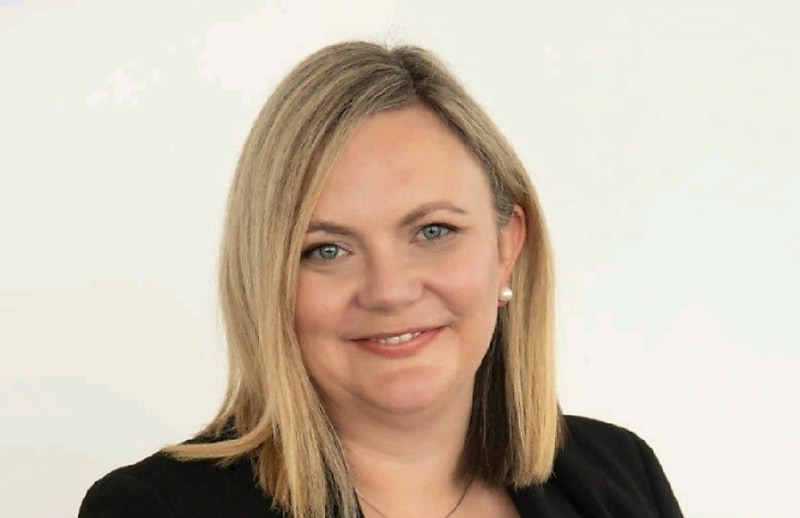‘Results in paying more tax’: ATO warns Australians against early super access
SuperThe Tax Office is warning Australians against accessing their superannuation early for expenses related to inconsequential matters, events or items.

The ATO is advising Australians on the potential risks associated with early superannuation access to pay for non-critical medical procedures or lifestyle expenses.
It was revealed that the ATO was often seeing people trying to withdraw from their super to pay for things such as dental work, cosmetic treatments, investments, holidays and day-to-day expenses.
Emma Rosenzweig, ATO deputy commissioner, said she wanted to caution those who were considering accessing their super to carefully consider their circumstances and the impacts this could have for the short- and long-term.
“Superannuation is saving for your retirement. Your employer pays 12 per cent super on top of your salary or wages as a long-term investment which grows over time and generally cannot be accessed until you reach preservation age or retire,” she said.
“We have seen an increase in dodgy advice and misconceptions around when individuals can access their super early, and we want to make it clear that Australians should not be considering early access unless they are eligible and it is absolutely necessary for their circumstances.”
“Access to super on compassionate grounds is available in very limited circumstances for critical medical procedures and should only be considered as a last resort where all other options of paying for the eligible expenses have been exhausted.”
The ATO noted that in the case a dentist advised someone that they could use super for cosmetic veneers, this would only be recommended on compassionate grounds.
Health practitioners can prepare medical reports that are used by patients to apply for early access to super on compassionate grounds, which the ATO relies on when assessing applications.
Rosensweig said it was important that practitioners undertook proper examinations of their patients and provided complete, true and correct information in their reports that reflected their professional opinion.
However, the ATO had seen increased cases of reports requesting to access super when ineligible and for reasons such as cosmetic procedures, the practitioner hasn’t conducted a proper consultation, poor advice has been given and valued profits ahead of patient care.
“We are aware of various reports about the conduct of some health practitioners who support individuals to access their superannuation on compassionate grounds. We are working with other regulators including the Australian Health Practitioner Regulation Agency to address any inappropriate behaviour,” Rosenzweig said.
“When preparing medical reports to support an application, health practitioners must ensure they perform their role ethically and to the expected standard, whilst ensuring they don’t provide services they aren’t competent to provide or trained for.”
The Tax Office also warned against having a third party assist with the application if they act inappropriately on an individual’s behalf, as individuals could still be liable for any consequences or penalties.
In terms of medical treatments, anything undertaken with cosmetic intent wouldn’t normally qualify for compassionate release of super, as lawfully, an individual must require the treatment to treat a life-threatening illness or injury, alleviate acute or chronic pain, or alleviate acute or chronic mental illness.
“Applicants should be aware that submitting an application for health treatments that are not necessary for one of these reasons would be making a false or misleading statement to the Commissioner, which can attract severe penalties,” Rosenzweig said.
“These penalties can also apply to health practitioners who make false or misleading statements in medical reports.”
The ATO said it wanted to reiterate the fact that accessing super on compassionate grounds was only available in very limited circumstances where individuals were unable to pay for an eligible expense using any other means.
This was the case as early super access was not ‘free money’ and it would also reduce the amount available in retirement, as well as resulting in having to pay more tax.
“Individuals who apply need to ensure they are eligible and that they provide accurate information and documents in their application. Where applications are approved, individuals should remember that they have declared in their application that they will use the money to pay for the approved purpose and keep receipts to support this,” Rosenzweig said.
“There can be significant consequences for people who attempt to inappropriately access their super, including severe penalties for making false or misleading statements or adjustments to their income tax return so they are required to pay additional tax.”




